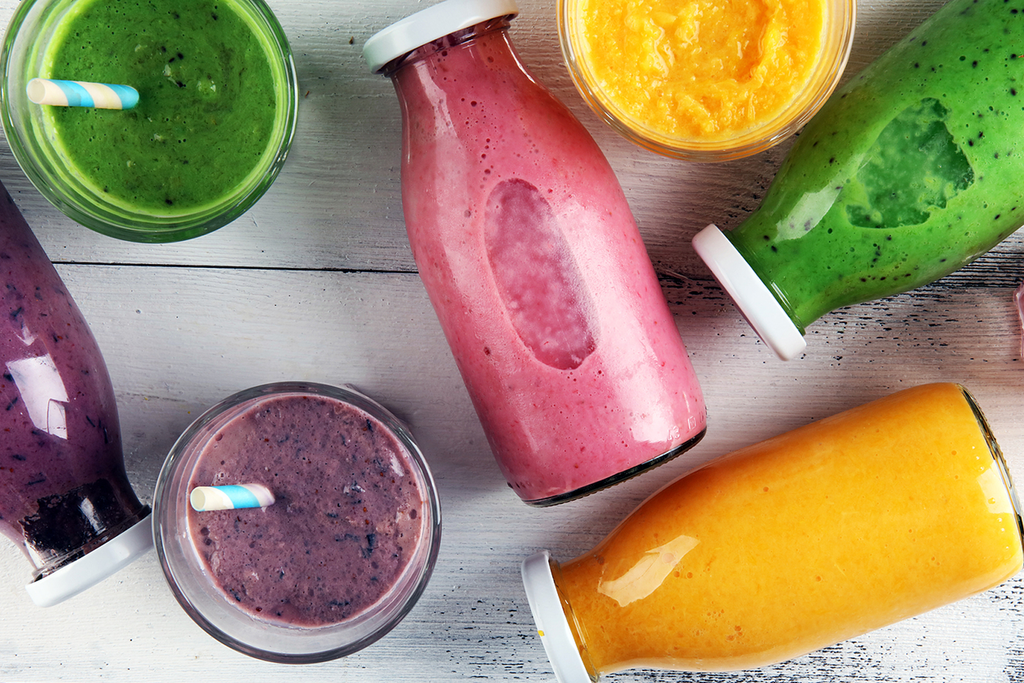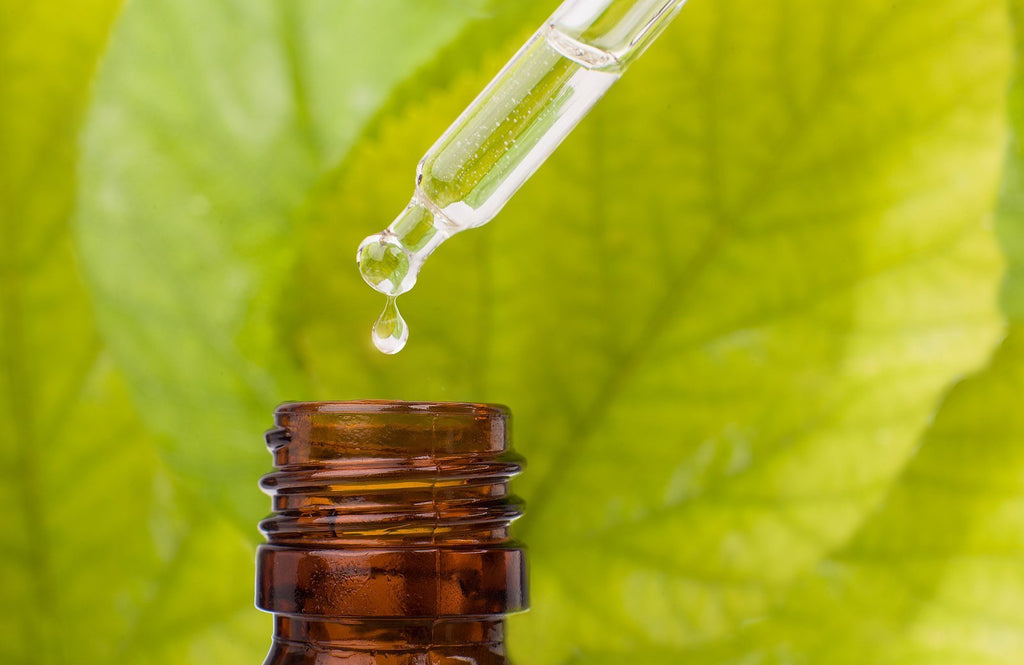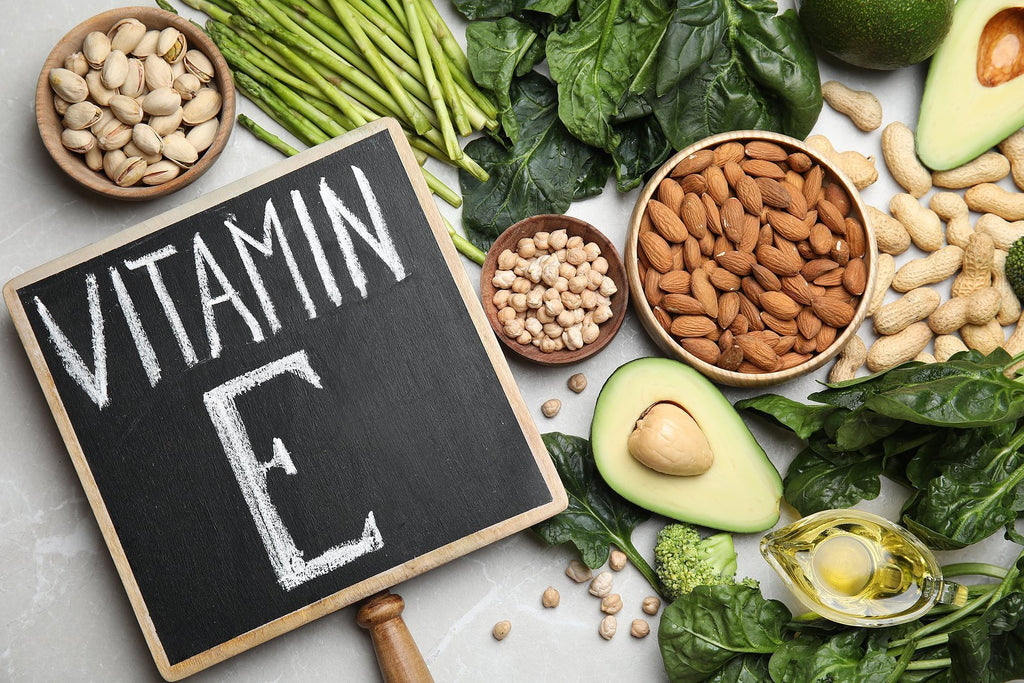7 Natural Ways To Improve Urinary Incontinence
Urinary incontinence is a common and upsetting problem. At its simplest, it means experiencing involuntary urination – meaning you didn’t intend to go, but you did (even a little bit), and you couldn’t help it.
Incontinence is most common among people as they get older. It’s also common to women, especially after pregnancy.
Let’s look at seven drug-free ways to prevent and improve involuntary incontinence.
1. Diet & Urinary Incontinence
Some foods and food-like substances have a tendency to irritate your bladder. When that happens, you want to urinate more frequently. So, drastically limit or cut out irritants like artificial sweeteners, caffeine, alcohol, carbonated beverages, and spices.
Artificial sweeteners especially have many negative impacts on your body, including your bladder. Stay away from sweetened drinks, sodas, and any labels that include aspartame, sucralose, fructose, lactose, saccharin, or corn sweeteners (any kind of corn syrup). Included in those are brand names like Splenda, Equal, Sweet ‘n’ Low, Sunett, and NutraSweet. If you want to sweeten something, your best options are a monk fruit extract or Stevia. Another option that’s okay for some people in moderation is the sugar alcohol called xylitol.
The problem with caffeine is that it excites your bladder, just like it excites your brain. Like alcohol, caffeine has a diuretic effect, which increases your urge to urinate.
2. Vitamin D
The second key to handling incontinence is to make sure you’re getting enough vitamin D. That’s because vitamin D deficiency is linked to weakened pelvic floor muscles. Those need to be strong enough to help control your bladder. When your pelvic floor muscles are weak, it can cause incontinence.
To get enough vitamin D, enjoy 15 minutes of direct sunlight (without sunscreen) at least once every second day. It’s also a good idea to take a vitamin D supplement. A good daily dose for most people is 5,000 IU. Your vitamin D supplement should contain vitamin K2. Never take a vitamin D supplement that doesn’t include K2.
Good food sources of vitamin D include like wild-caught salmon, herring, sardines, oysters, shrimp, and pasture-raised eggs. (No farmed fish.) It’s worth noting that some other fish like tuna and swordfish are high in vitamin D, but you really should avoid those due to the fact that they both have a tendency to be contaminated with higher levels of mercury.
Cereal, cow’s milk, soy milk, and other fortified foods are often promoted as good sources of vitamin D. However, although they may contain it, they’re mainly foods that you should avoid for other reasons
3. Take a Magnesium Supplement
Magnesium is critical for your muscles and your nerves to function properly. So taking magnesium will help to reduce spasms that are often involved in bladder efficiency and bladder control problems.
Speaking of nerve function, the damage to blood vessels and nerves caused by type 2 diabetes makes diabetic people especially prone to urinary incontinence
4. Hydrate
Yes, drink more water. I know it seems counterintuitive, but it really is a key factor in improving bladder control. Dehydration creates constipation. And constipation puts stress on your bladder and weakens the bladder controlling muscles.
This also ties into point 3 above. If you have problems with constipation, eat plenty of magnesium-rich foods and take a magnesium supplement, such as Natural Calm. Most people are magnesium deficient and supplementing tends to eliminate constipation problems quite quickly.
Along with your water, get plenty of electrolytes. Your body needs these minerals to balance its fluids. It’s simple to do this: use small amounts of sea salt on your food or take an electrolyte supplement, such as Super Hydration Boost. Just avoid electrolyte sports drinks at all costs because they are loaded with either sugar or nasty chemicals. Or both.
5. Balance Your Hormones
This pertains mainly to women. Ensure you have the right balance of estrogen. Low estrogen levels can cause damage to the lining of your bladder, which can lead to incontinence. Women around menopause are more susceptible to developing this problem.
Eliminate added sugar and regularly take a probiotic supplement to encourage the good bacteria in your gut to recycle and metabolize hormones like estrogen. If you develop an imbalance in gut bacteria, it will tend to exacerbate the state of low estrogen… and urinary incontinence can follow.
6. Avoid Certain Medications
Especially avoid meds for treating high blood pressure, because they act as diuretics, increasing your urge to urinate and making incontinence worse. However, always remember to work closely with your doctor.
7. Exercise
First, include Kegel exercises to strengthen your pelvic floor muscles. Second, engage in regular cardiovascular exercise to keep your hormones in balance and your weight in a healthy range. Less weight means pressure off your bladder.
The Good News About Urinary Incontinence…
All seven of the things I’ve listed above are very easy to do. Aside from more confident, improving urinary incontinence tends to improve your sleep, increase your activity levels, and just make you feel better in general.
So, that’s the skinny on natural strategies to improve involuntary incontinence. Feel free to share this knowledge with family and friends, and stay tuned for more blogs and videos.
Sharing is Caring
Know Your Body - Know Your Health






